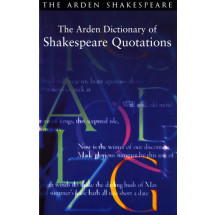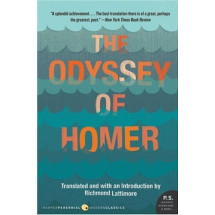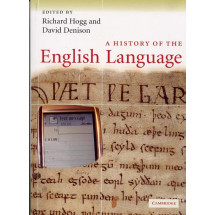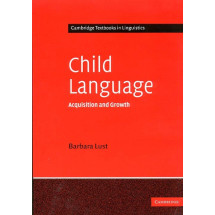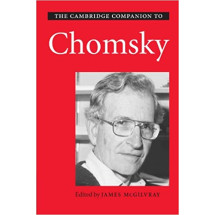List of Illustrations.
About Longman Cultural Editions.
About This Edition.
Introduction.
Translators' Introduction.
Beowulf.
Glossary of Proper Names.
Genealogies.
Contexts.
The Beowulf Manuscript.
The Monsters in the Manuscript.
The in of Cain? Genesis 4: 1-16.
The flood? Genesis 6: 1-9, 17.
Liber Monstrorum (Part I, Chapter 2).
Blickling Homily 17 (excerpt from ll).
Gregory of Tours, from History of the Franks.
The Finnsburh Fragment.
Widsith.
Deor.
Maxims I.
Vainglory.
From Hameism.
Bragi the Old, Ragnarsdra.
FromThe Saga of Grettir the Son of Asmund.
From The Saga of King Hrolf Kraki.
From The Saga of Thidrek of Bern.
Snorri Sturluson, excerpts from Heimskringla.
Sven Aageson, from A Brief History of the Kings of Denmark.
Saxo Grammaticus, from Gesta Danorum.
Bede, from Ecclesiastical History of the English People.
Alcuin, What Has Ingeld To Do With Christ?
Wulfstan, On False Gods.
Wulfstan, The Sermon of the Wolf to the English.
Edgar's Canons.
Cnut's Laws .
From The Anglo-Saxon Chronicle.
Material Remains: Archaeological Analogues.
Texts and Translations.
Further Reading.
Sarah M. Anderson received her Ph.D. in Medieval Studies from Cornell University. Before coming to Princeton, Anderson was a research fellow at The Arnamagnæan Institute at the University of Copenhagen, where she studied and edited Old Icelandic sagas; she also worked on the Dictionary of Old Norse Prose. At Princeton, she is a member of both the Department of English and the Council of the Humanities. She specializes in early medieval language and literature, particularly in Old English, Old Norse and Old Icelandic, with strong secondary interests in textual criticism, Middle English literature and Arthuriana.
As a fellow at Cornell’s Society for the Humanities, Anderson investigated early printed editions of the sagas from Iceland, Sweden, and Denmark, placing these editions in the context of contention for national identity. In addition to articles and reviews, her publications include Cold Counsel: Women in Old Norse Literature and Mythology (Routledge, 2002) and the Introduction, notes, glossary, and contextual material to Beowulf: A Longman’s Cultural Edition (Pearson, 2004). In the English department, Anderson teaches courses on Old English, Middle English romance, Arthurian literature, Old Icelandic sagas, comparative studies of early heroic literature, and fantasy; and in the Council of the Humanities, she has taught “Interdisciplinary Approaches to Western Culture from Antiquity to the Middle Ages.” She is now developing courses on medieval concepts of monster, medieval travel narratives and sacred space, and medieval European representations of Arthur.



